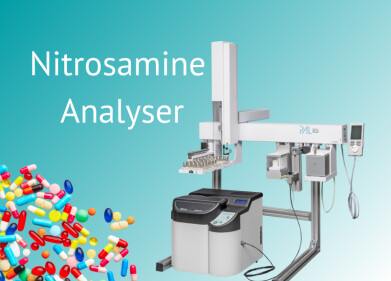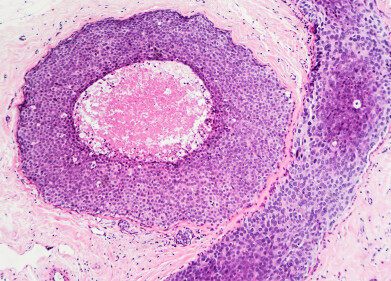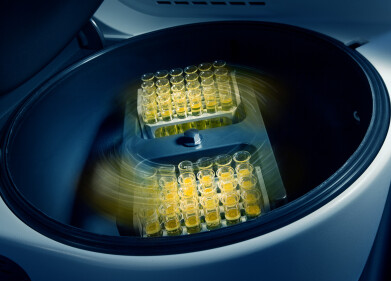Laboratory Products
Carbolite keeps Hi-Tec Bikes at the Head of the Race
Jul 29 2014
A specially designed electric furnace from Carbolite is being used by Hope Technology, based in Lancashire, to heat-treat brake discs for high-performance road and mountain bikes at rates up to 60 an hour and maximum temperatures of 1000°C in a continuous automatic process.
Since its formation 20 years ago Hope Technology has grown to become one of the UK’s leading manufacturers of high-performance cycle components, including disc brake systems, wheels, hubs, seat posts and lights. Equipment, which is often manufactured from stainless steel, titanium or aluminium, is used by leading competition riders and widely exported.
The company manufactures stainless-steel brake discs in 25 different standard designs and many bespoke designs to customers’ specifications. Diameters range from 140mm to 203mm, with a standard finished thickness of 1.8mm. The finished product must be within 0.01mm parallel in order to ensure consistent, smooth braking performance in extreme conditions. Previous use of pre-hardened sheet and induction heating on unhardened material had both failed to achieve the required specification.
The discs are initially laser-cut from 2mm-thick stainless steel sheet, before the detailed machining is performed on a CNC milling centre. The discs are then linished to remove burrs before being heat-treated to harden them. To perform the hardening process, an actuator pushes one disc at a time from a stack of approximately 50 into the Carbolite slot-type furnace, which is held at a temperature between 950°C and 1000°C. Discs are heated for 60 to 90 seconds and then pushed into a water-cooled platen to flatten and cool them. The entire process is automated and continuous, provided that the stack of unhardened discs is replenished.
The furnace temperature and the length of time each disc stays in the furnace are adjusted to suit the dimensions and amount of material involved. Control is provided by a high-precision PID unit linked to a thermocouple within the furnace chamber, with a separate temperature controller and thermocouple preventing over-temperature conditions.
Digital Edition
Lab Asia 31.6 Dec 2024
December 2024
Chromatography Articles - Sustainable chromatography: Embracing software for greener methods Mass Spectrometry & Spectroscopy Articles - Solving industry challenges for phosphorus containi...
View all digital editions
Events
Jan 22 2025 Tokyo, Japan
Jan 22 2025 Birmingham, UK
Jan 25 2025 San Diego, CA, USA
Jan 27 2025 Dubai, UAE
Jan 29 2025 Tokyo, Japan

.jpg)

















